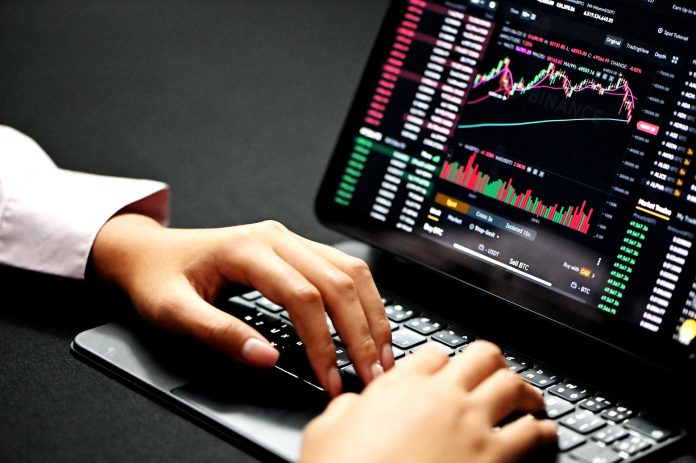For experienced, frequent traders, CFD trading is now a popular alternative to spread betting, providing potential money-making opportunities across a range of asset classes such as shares, foreign exchange and commodities.
What is a Contract for Difference (CFD)?
A Contract for Difference (CFD) is a financial contract based on the price difference of an asset from opening to the close of trade. CFDs allow traders to bet on a variety of assets such as shares, currencies and commodities. The contract is created between a trader and a spread betting firm or an investment bank, for a few days or weeks. CFD trading is an extreme means of potentially making or losing money. CFDs are derivative, so traders do not own the asset they bet on, rather they expose themselves to the price fluctuations of that asset. At the end of the contract, the parties exchange the difference between the opening and closing prices of the asset.
Going long versus going short
An investor who thinks the price of an asset will rise will buy a CFD (go long). One who thinks the price will fall will sell (go short). Depending on price movements, they can make gains or losses with either tactic. Unlike traditional share dealing, where going long is the only option, trading CFD shares also allows investors to sell assets if they believe their value will fall.
How does CFD trading work?
CFD trading allows investors to buy or sell part of an underlying asset, rather than the asset itself. CFD providers normally offer exposure to a range of global markets such as currency pairs, stock indices, commodities and shares. Rather than choosing how much of a particular asset to buy, a CFD trader selects how many contracts they want to buy or sell. If the market moves in favour of a trader, he will earn a profit. Should it move against, he will incur a loss. This is decided when a position is closed, and the contracts are sold.
What’s the risk with CFD trading?
CFDs are leveraged, which means traders need to deposit only a percentage of the value of a trade. This is referred to as ‘trading on margin’. This means a trader can magnify any potential profit on investment, but similarly, any losses incurred are similarly enlarged.
What determines returns?
If the market moves in a trader’s favour, he earns a profit. If it moves against his position, the trader will incur a loss. Profits or losses are realised when the position closes and the contracts bought at the outset of the bet are sold. Like traditional share dealing, the return from a trade is determined by the size of the investment and the number of points the market has moved. As CFD trading revolves around price movements rather than ownership of a particular asset, in the UK investors are exempt from stamp duty on any profits they might realise. As it is considered to be a form of gambling, spread betting is also exempt from UK capital gains tax.

